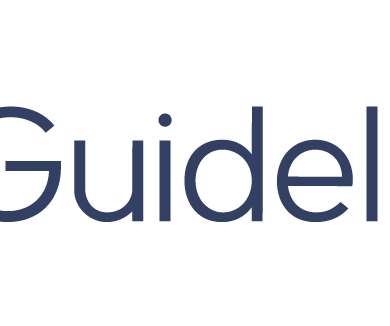How The Top 25 B2B Public Companies Have Performed In 2025 So Far — And What They Tell Us About the Future
SaaStr
JUNE 21, 2025
Veeva (+18.5%) ZoomInfo (+7.4%) Veeva continues to prove the vertical SaaS thesis: Deep pharma/life sciences expertise Regulatory compliance built-in Switching costs approaching infinity AI integration that actually matters The lesson : Horizontal is commoditized. The market is getting smarter about AI washing vs. real AI business models.























Let's personalize your content